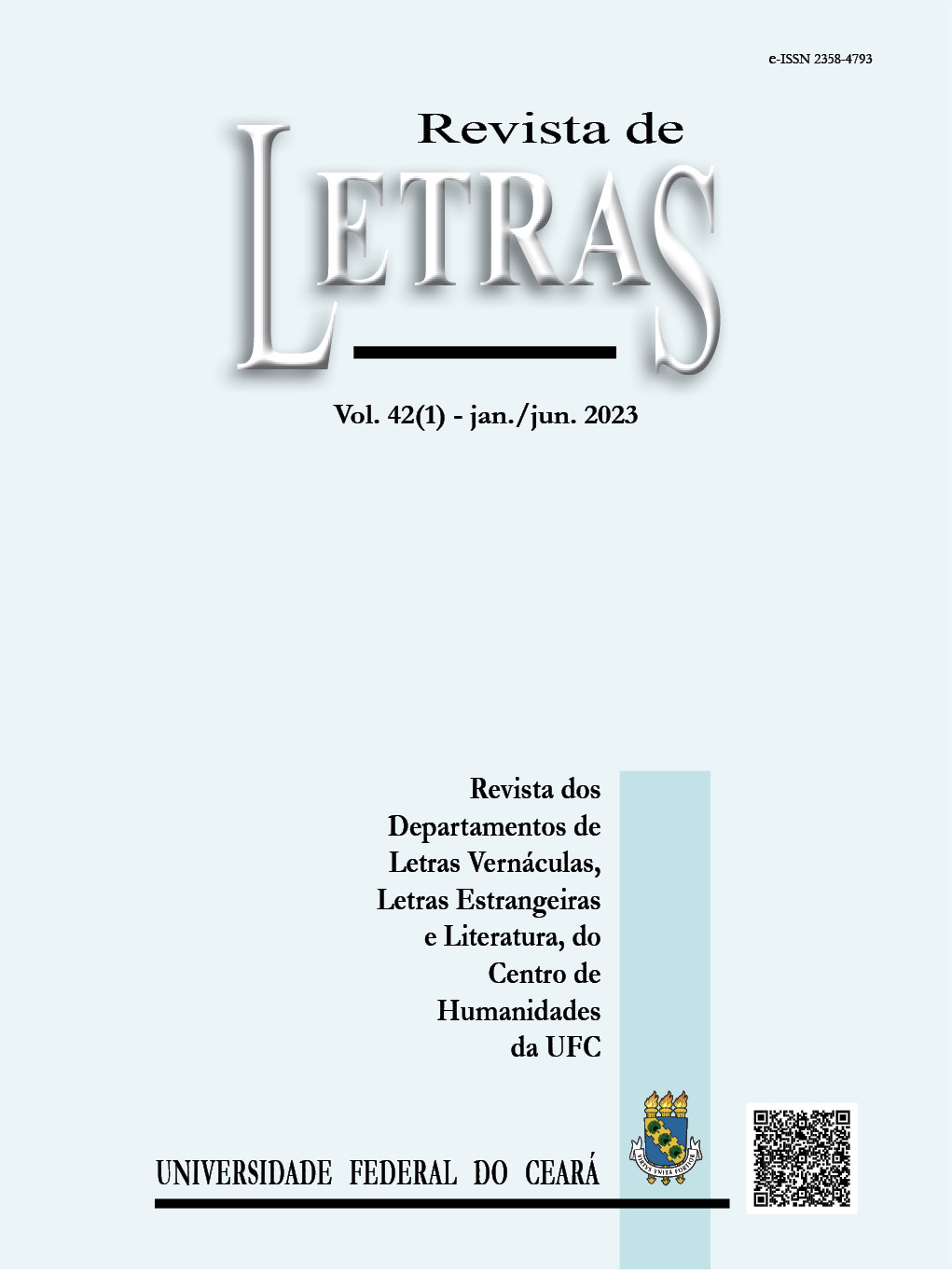THE TRANLATION OF IRISH CULTURAL MARKS IN CASTLE RACKRENTBY MARIA EDGEWORTH: THE LITERARY GLOSSARY AND THE NOVEL
DOI:
https://doi.org/10.36517/revletras.42.1.10Abstract
This article is about a translation of the Hiberno-English dialect in Castle Rackrent (1800) novel, by Maria Edgeworth (1768-1849). In Edgeworth’s work, the dialect is expressed in the narrative monologue of Thady Quirk, the old steward of the Rackrent family and the symbol of the Irish rural class. Hiberno-English is also in the glossary by the end of the book, developed by a fictional “Editor”. Its purpose is to make the novel more accessible to English readership and to register the almost feudal-like portrayal of English landlords and Irish tenants who paid rent to use the Irish lands. Given the background of the study, this article focuses on a particular entry of the glossary, entitled “Whillaluh”, whose microanalysis demonstrates a general impossibility of translating the glossary with “cultural markers” (AUBERT, 2006), even though it is a literary glossary. Unlike a literary translation, the glossary is a more factual genre, whose boundaries are more rigid and here make the translator’s creative freedom impracticable. This has been a great challenge in the translation process, despite the very interesting solutions we’ve come up with, such as using cultural markers in Portuguese to translate Irish terms, terms that awaken an inactive aspect of the language (AMARAL, 2013), that is, a foreignizing approach to the target-language itself.
Downloads
Downloads
Published
How to Cite
Issue
Section
License
Copyright (c) 2023 Revista de letras

This work is licensed under a Creative Commons Attribution 4.0 International License.
Autores que publicam nesta revista concordam com os seguintes termos:- Autores mantêm os direitos autorais e concedem à revista o direito de primeira publicação, com o trabalho simultaneamente licenciado sob a Licença Creative Commons Attribution que permite o compartilhamento do trabalho com reconhecimento da autoria e publicação inicial nesta revista.
- Autores têm autorização para assumir contratos adicionais separadamente, para distribuição não-exclusiva da versão do trabalho publicada nesta revista (ex.: publicar em repositório institucional ou como capítulo de livro), com reconhecimento de autoria e publicação inicial nesta revista.
- Autores têm permissão e são estimulados a publicar e distribuir seu trabalho online (ex.: em repositórios institucionais ou na sua página pessoal) a qualquer ponto antes ou durante o processo editorial, já que isso pode gerar alterações produtivas, bem como aumentar o impacto e a citação do trabalho publicado (Veja O Efeito do Acesso Livre).

.png)





.png)
